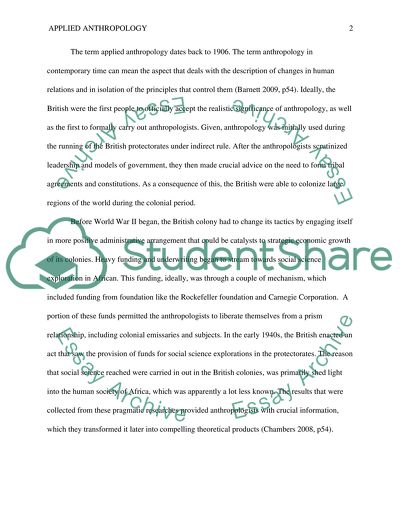Cite this document
(“What is applied anthropology and how did it emerge Essay”, n.d.)
Retrieved from https://studentshare.org/anthropology/1583230-what-is-applied-anthropology-and-how-did-it-emerge
Retrieved from https://studentshare.org/anthropology/1583230-what-is-applied-anthropology-and-how-did-it-emerge
(What Is Applied Anthropology and How Did It Emerge Essay)
https://studentshare.org/anthropology/1583230-what-is-applied-anthropology-and-how-did-it-emerge.
https://studentshare.org/anthropology/1583230-what-is-applied-anthropology-and-how-did-it-emerge.
“What Is Applied Anthropology and How Did It Emerge Essay”, n.d. https://studentshare.org/anthropology/1583230-what-is-applied-anthropology-and-how-did-it-emerge.


